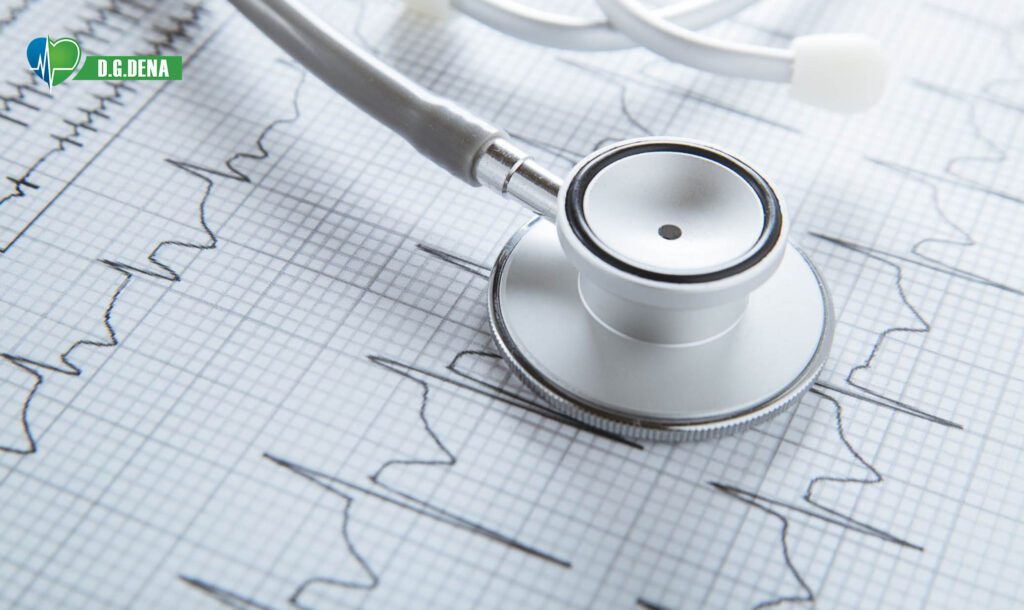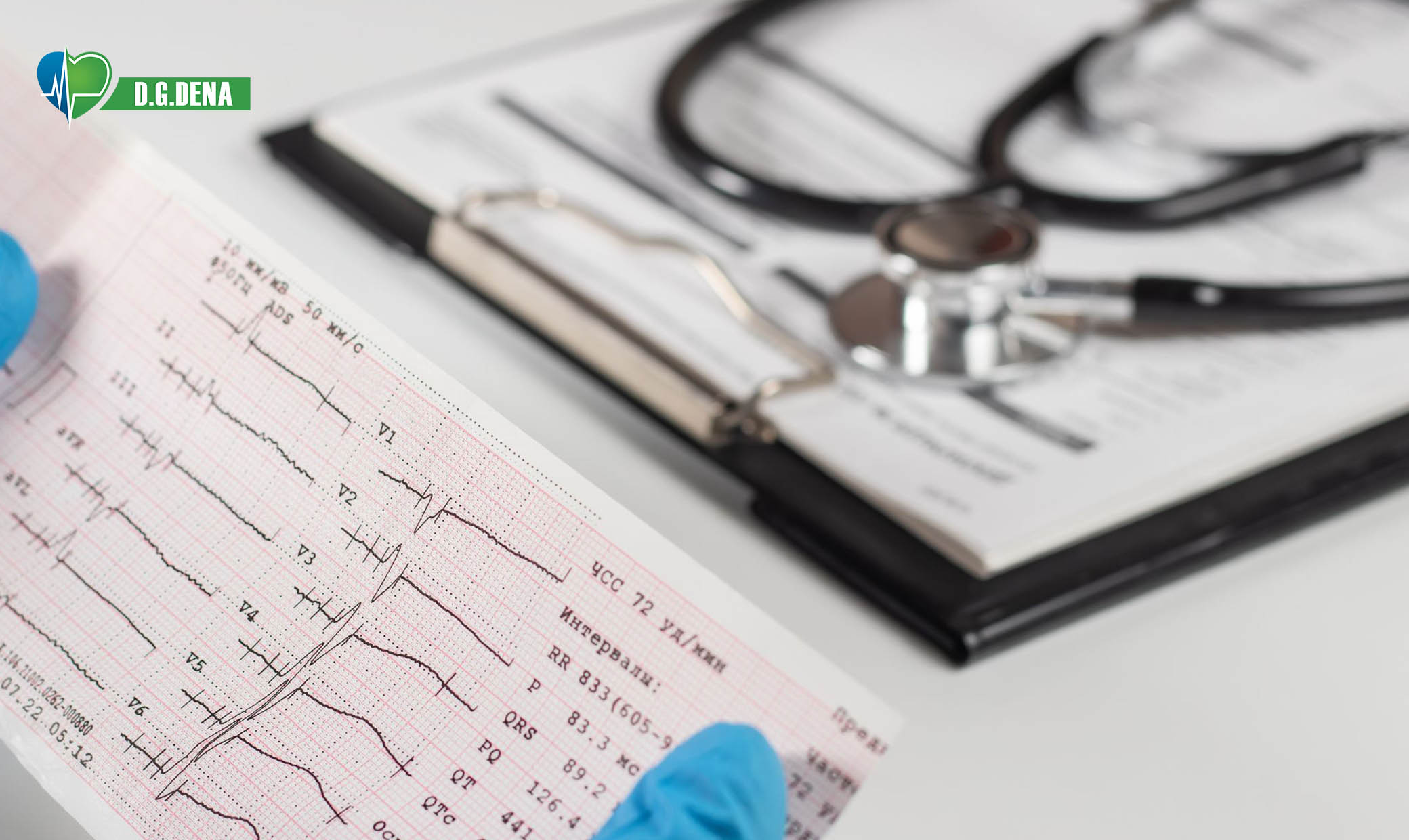Cardiovascular health is one of the most critical determinants of overall well-being, and diagnostic technologies like the electrocardiogram (ECG or EKG) are essential for the early detection of potential heart problems. Whether getting a routine check-up or being tested for symptoms or hereditary factors, being aware of the correct ECG preparation guidelines can help guarantee proper results and limit the necessity of repeated tests.
In this comprehensive guide, we’ll explore the do’s and don’ts before an ECG (ECG preparation guidelines), what the test involves, and how to prepare effectively. We’ll also discuss common mistakes patients make and how to avoid them. Let’s dive in.
What Is an ECG Test, and Why Is It Important?
An electrocardiogram, or ECG, is a quick, painless procedure that records the electrical activity of your heart for a short period. It helps doctors assess the rhythm, rate, and heart muscle function. The diagnostic tool is particularly significant for those who:
- Have a family history of cardiovascular disease
- Are experiencing symptoms of chest pain, shortness of breath, or dizziness
- Have had a previous heart attack
- Need pre-surgical cardiac assessment
- Are on medications that affect heart function
The test provides a graph (ECG tracing) of heartbeats, abnormalities, or any precursor of arrhythmias, arterial blockages, or heart muscle enlargement. However, to get the most accurate result, correct ECG preparation guidelines are crucial.
ECG Preparation Guidelines: Do’s and Don‘ts
Just like with any other diagnostic test, how well an ECG works depends largely on your preparation. Skipping essential ECG preparation guidelines can result in incorrect readings, false positive findings, or missing conditions.
Do‘s Before an ECG Test
- One of the most important ECG preparation guidelines is to wear loose, casual clothing
- It will be easier if you have plain, two-piece clothing so that it will be simple to remove your blouse or shirt.
- Shave or trim chest hair (for men)
- Electrodes have to touch the skin directly. Manageable body hair will prevent adhesion and signal precision.
- Include your entire medical history
- Inform your physician of any medications, supplements, or herbs you take. Movable medications, especially beta-blockers, antidepressants, and antihistamines, will affect ECG results.
- Avoid tobacco, alcohol, and narcotics
- Caffeine, nicotine, and other stimulants can increase your heart rate or create arrhythmias, skewing results.
- Relax and breathe normally before testing.
- Anxiety or hyperventilation can cause transitory alterations in heart rhythms. Deep breathing and a calm attitude are necessary.
- Request medication instructions.
- Your physician may instruct you (according to ECG preparation guidelines) to discontinue or modify some medicines on a temporary basis. Always request permission before altering.

Dont’s Before an ECG Test
- For better results, according to ECG preparation guidelines, don‘t engage in strenuous activity before testing
- Heavy physical exertion elevates your heart rate and can distort the test results.
- Don‘t consume a heavy meal just before testing
- A full stomach at times may produce discomfort while sleeping or influence how your heart operates during the test.
- Don‘t use lotions or oils on your chest
- They can interrupt electrode adhesion and conductivity.
- Don‘t put on jewelry or metallic accessories
- Take off necklaces, watches, or cellular phones from around your body before the procedure as they can interfere with the signals.
- Don‘t disregard wounds or skin conditions
- Inform your provider about rashes, wounds, or infection on the chest, arms, or legs since these should be treated first
What to Expect During the ECG Procedure?
Knowing what happens is being an effective preparation. Here‘s what usually occurs in an ordinary ECG (ECG preparation guidelines):
- You will be asked to lie down on an exam table.
- Electrodes (tiny, adhesive strips) will be put on your chest, arms, and ankles. Shaving might be necessary in some cases.
- Wires are connected to these electrodes, providing data to the ECG machine.
- You must stay relaxed and breathe naturally during the test, which should last about 5–10 minutes.
- Electrodes are removed after the test, and you can go back to normal activities unless you are told otherwise.
Post ECG Test Guidelines
One of the advantages of an ECG is that it‘s a no-pain, no–recovery-time test. But there are a few things to keep in mind:
- Continue to watch for your symptoms. If you experience chest pain, shortness of breath, or dizziness after the test, inform your physician.
- Return to see your healthcare provider. He or she will interpret the ECG and decide if further testing (such as an echocardiogram or stress test) is necessary.
- Save your ECG findings. They could be a useful baseline to compare against in the future.
What Can an ECG Detect?
Your heart is full of tales to tell from its electrical signals. A good–quality ECG test can detect:
- Old or recent heart attacks
- Arrhythmias, such as atrial fibrillation or bradycardia
- Heart enlargement from high blood pressure or other causes
- Electrolyte imbalance
- Malfunctioning pacemaker or other device
This exam is a window to your cardiovascular system health and usually the first step toward diagnosis of more intricate heart ailments.
Conclusion
Whether you‘re having your first ECG or you have them regularly because you have ongoing heart problems, employing the correct ECG preparation guidelines is what will provide increased accuracy and efficient diagnosis. Your heart’s health is more than an educated risk by taking such simple steps as abstaining from stimulants, notifying your physician about medication, and being in a calm, ready state of mind, You do a fantastic job of making the test a success.
Being proactive and aware of what to do and what not to do (ECG preparation guidelines) prior to an ECG can save time, prevent confusion, and assist in protecting your heart for years to come.

